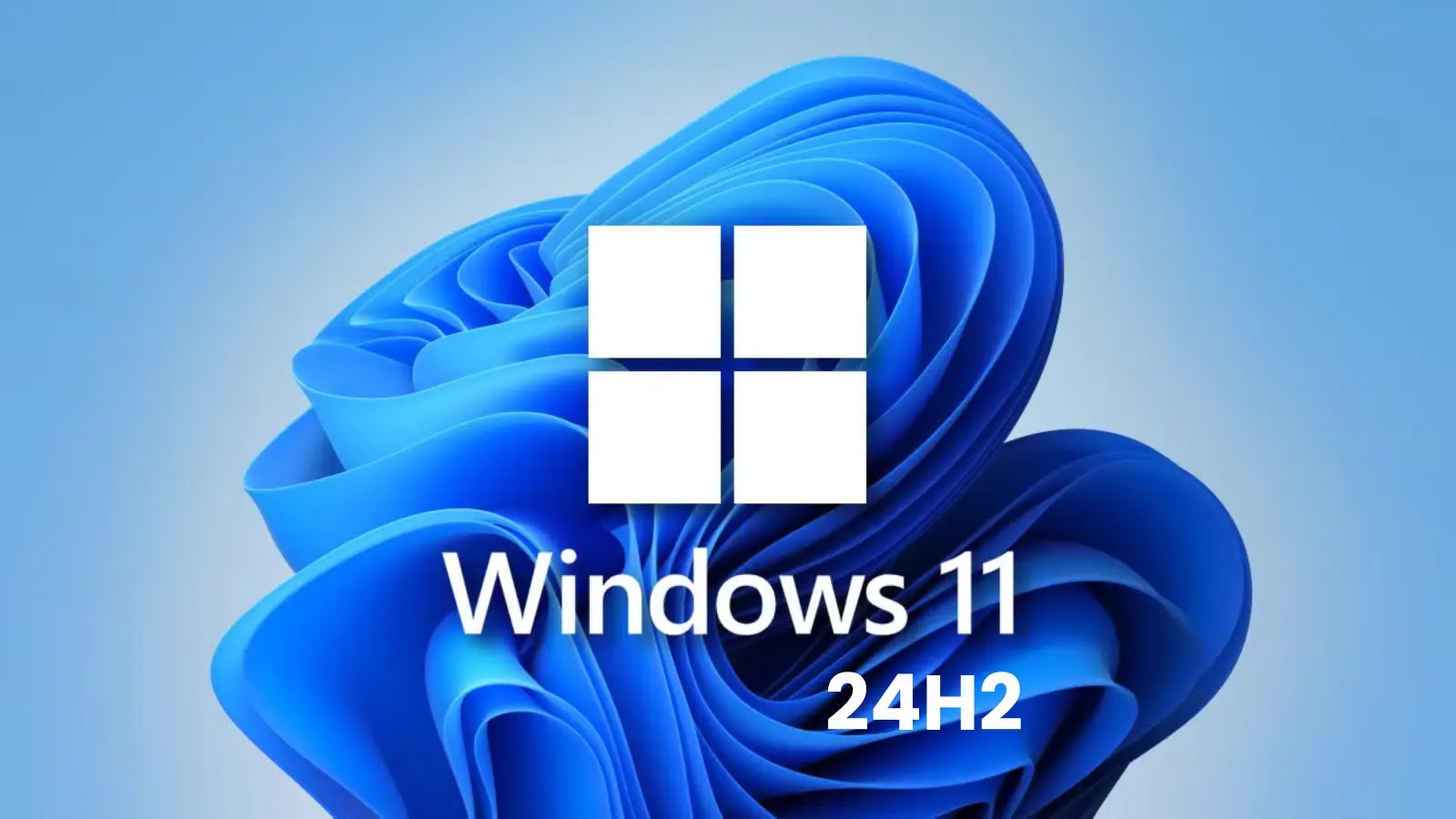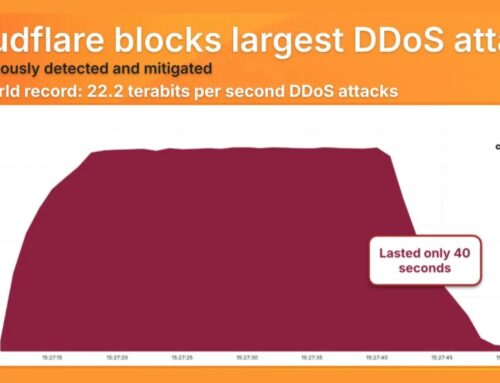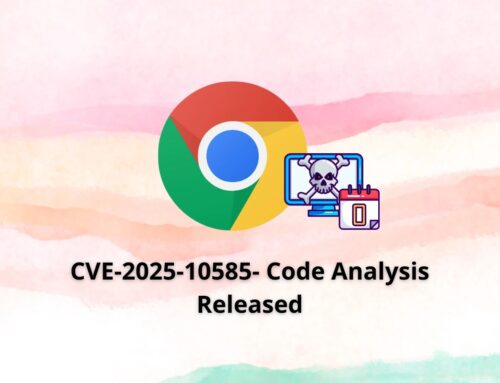
Windows 11 24H2 Update KB5064081 Breaks Video Content Playback
In the intricate ecosystem of Windows updates, even seemingly minor changes can ripple through user experiences, sometimes leading to significant disruptions. Such is the case with a recent optional update for Windows 11 version 24H2, which has left a cohort of users unable to play protected video content. This issue, specifically tied to update KB5064081, underscores the delicate balance between system enhancements and multimedia compatibility.
As cybersecurity analysts, our focus often gravitates towards vulnerabilities and exploits. However, system stability and expected functionality are equally critical metrics for a secure and productive digital environment. A user unable to access legitimate content due to a system update faces not just inconvenience, but a diminished trust in the platform’s reliability.
The Heart of the Problem: KB5064081 and Content Playback
Microsoft has officially acknowledged that the non-security preview update KB5064081, released in late August for Windows 11 version 24H2, is directly responsible for disrupting video playback for specific media applications. The core of the problem lies in the inability of this update to correctly handle protected content across various formats.
Specifically, users are reporting issues when attempting to play content from:
- Blu-Ray discs
- DVDs
- Certain Digital TV software
This wide-ranging impact suggests a fundamental conflict with Digital Rights Management (DRM) mechanisms or underlying media decoding frameworks that these applications rely upon. While the update itself is not a security patch, its consequence directly hinders normal usage, which can be particularly frustrating for users who rely on their Windows machines as their primary media centers.
Affected Systems and User Impact
The issue appears to primarily affect users running Windows 11 version 24H2 who have installed the optional preview update KB5064081. It’s crucial to note that this is a non-security preview update, meaning it was not mandatory for immediate security patching and was likely intended to introduce new features or address non-critical bugs. This distinction is important, as users often have the choice to defer such updates, a decision that has proven beneficial for some in this scenario.
For those affected, the impact ranges from mild annoyance to significant frustration. Imagine preparing for a movie night, only to find your Blu-Ray player software rendered useless by a recent system update. This directly impacts user experience and trust in the operating system’s stability. While Microsoft has confirmed the issue, details regarding its technical root cause (e.g., specific driver conflicts, DRM component misconfigurations) are still emerging.
Remediation Actions and Mitigations
Given that this is not a security vulnerability but a functional bug, the remediation steps focus on restoring normal media playback functionality. Users experiencing issues with video content playback after installing KB5064081 on Windows 11 24H2 should consider the following actions:
- Uninstall KB5064081: The most direct solution is to remove the problematic update.To do this:
- Go to Settings > Windows Update.
- Click on Update history.
- Scroll down and click on Uninstall updates.
- Locate KB5064081 and click Uninstall.
- Restart your computer.
This should revert the system to its state before the update, allowing protected content playback to resume. Note that uninstalling might temporarily remove any other non-security fixes included in that preview update.
- Pause Updates: After uninstalling, consider pausing Windows updates for a short period (e.g., 7 days) to prevent the same update from reinstalling automatically. This gives Microsoft time to release a corrected version.
- Monitor Official Microsoft Communications: Keep an eye on official Microsoft channels (their support pages, release notes) for an updated patch addressing this issue. Microsoft typically rolls out fixes for confirmed bugs swiftly.
- Report the Issue (if not already): While Microsoft has confirmed the bug, providing your specific system configuration and affected applications reinforces the severity and helps Microsoft prioritize a fix. You can typically do this via the Feedback Hub application in Windows.
Future Outlook and Cybersecurity Implications
While this particular issue is not a direct cybersecurity exploit, it highlights a broader concern: the potential for updates to introduce unexpected regressions. From a cybersecurity perspective, stable and predictable operating system behavior is fundamental. An unstable system, even due to a non-security bug, can:
- Disrupt workflows: Leading users to seek unofficial workarounds, potentially exposing them to malware.
- Erode trust: Making users hesitant to install critical security updates in the future due to fear of breaking functionality.
- Increase attack surface (indirectly): If users disable other protective features or revert to older, less secure software versions to regain functionality.
Microsoft’s prompt acknowledgment of the issue is a positive step. Users, IT professionals, and security analysts must remain vigilant, not only for threats but also for the operational stability of their systems post-update. The reference to this issue originally appeared on Cyber Security News, emphasizing that system stability, even beyond immediate threats, is a critical component of a robust security posture.
Conclusion
The Windows 11 24H2 update KB5064081 has caused significant disruption to video content playback for users relying on Blu-Ray, DVD, and certain Digital TV software. Microsoft has confirmed the issue, and the primary remediation involves uninstalling the problematic update. While not a direct security vulnerability, this incident underscores the importance of thorough testing for all updates, security or otherwise, to maintain a reliable and trustworthy computing environment. Staying informed and exercising caution with optional preview updates remains a prudent practice for all Windows users.
“`





